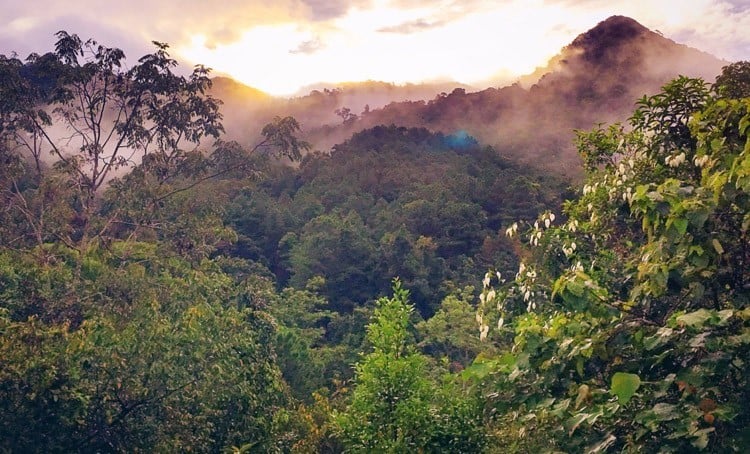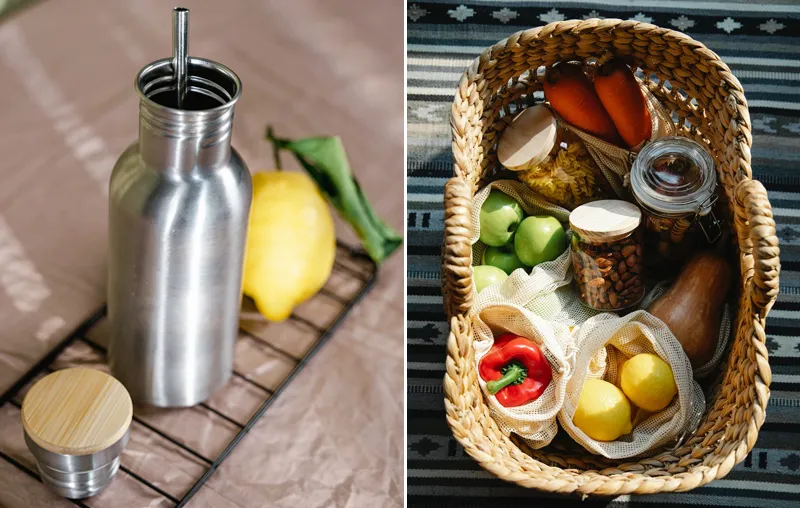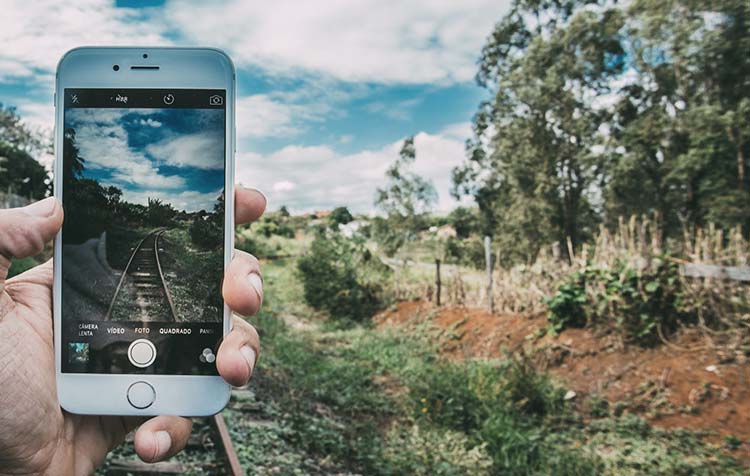Palm oil is the most widely used oil in the world because it is cheap, has a high yield per hectare and the plantations can be raised quickly. About 50 percent of the products we can buy in the supermarket contain palm oil. That's a huge amount. But palm oil has devastating consequences for rainforests, as it is the main cause of global rainforest clearing. In this article, you'll learn why you should avoid palm oil, how to recognize it, and what your alternatives to palm oil products are.
Here is another short Table of contents about the palm oil article:
- How is palm oil produced?
- Why should you avoid palm oil?
- What problems arise from the clearing of virgin forests for palm oil?
- Where is palm oil found everywhere?
- How can I recognize palm oil?
- What are your alternatives to palm oil?
How is palm oil produced?
Palm oil is obtained from the fruit of the oil palm. The fruit is squeezed and thus in this way the palm oil is obtained. The fat is extracted from the kernel, which can be further processed into palm kernel oil. The oil palm is a plant that is not demanding on its environment, which is why it can survive well on nutrient-poor soils.
Unlike other oil plants, the oil yield per hectare is very high. Replacing the palm oil plant with coconut palms or soybeans would not be beneficial, as these plants have a much lower yield and require much more land.
Why should you avoid palm oil?
Palm oil has long been touted as an ecological alternative because it is a renewable resource. Demand has risen sharply in recent years because palm oil is a cheap raw material and the yield is high. The number of hectares of plantations has tripled from 1990 to 2012. In Indonesia, the situation is particularly devastating, as 40 % of the world's palm oil comes from here. Large tracts of rainforest are cleared for palm oil because it is easier and cheaper to clear than to convert existing agricultural land. 99 % of the Urang Utans die during the clearing. Even in national parks and nature reserves this is not stopped, because often the protection status is not known due to lack of communication or it is simply disregarded.
Tip: More and more online stores (e.g. Rainbow circle.com) consciously avoid palm oil in their own products and invest parts of their revenues in great projects in the fight against the Deforestation and for the reforestation of already deforested areas.
What problems does palm oil extraction cause for the rainforest?

Residues that arise during clearing and cannot be processed further are burned uncontrollably on site, thus saving a lot of CO2 released that had previously been stored for centuries.
The rainforest in the latitudes of the equator is very old; as a result, many nutrients have been removed from the soil in the past, so that it can hardly release any nutrients to plants. For this reason, a large part of the biomass is above ground and the species diversity is particularly high. So when the rainforest is destroyed, most of the living mass is destroyed forever and cannot regenerate and grow again. Many species, such as the orangutan, lose their habitat in the process, which is why there is a massive loss of biodiversity.

In addition, once the plants are removed, the soil is very loose and it is washed away during heavy rains, which are very common in the tropics (this is called erosion).
Here I have the Disadvantages of large-scale palm oil cultivation summarized:
- Monocultures
- Lack of biodiversity
- Increased pest infestation
- Greater dangers of uncontrolled forest fires
- Flooding and erosion
- Water Shortage from surrounding smallholders
- exploitation, child labor, low wages (as is also the case in the Fashion industry)
- Enormous water consumption by the palm trees, draining of peat bogs
- Due to the entry of fertilizer into the water -> pollution and risk of undersupply of the local population.
The bottom line is that palm oil destroys rainforests! Palm oil may have been sustainable once, but those days are long gone. What can we do now? We must therefore do without products containing palm oil.







Hello Anna ,
Your report is really beautifully written. I for one will now pay more attention to whether palm oil is in the substance.
However, I do have one small comment. Your recommendation with the soap nuts is not quite optimal.
In another report for Environmental Protection and Everyday Alternatives, it was described that the soap nuts cannot be "re-produced" so quickly and that the local people now cannot even afford soap nuts for their own needs. Due to the demand, the prices have risen too much.
Better to wash with bile soap.
Greetings Anna
Hi Anna! Thanks for your tip! Absolutely right, I'll check it directly.
That's always the crux... when something sustainable is hyped, it's not sustainable for long. Thanks for your alternative!
Many greetings
Christoph